Montana Library Network Virtual Programming Series
The goals of this series are to provide:
High-quality and interesting topics and information to Montanans, opportunities for public libraries to become familiar with publicizing and participating in virtual program offerings for their communities, and opportunities for Montanans to connect with others around the state on topics of interest
All programs start at 6:30 PM on the dates listed below.
September 2024 - June 2025 Schedule
Poet Laureate Chris La Tray
Event Description:
Métis storyteller and Little Shell Chippewa member Chris La Tray approaches the practice of poetry the same as he does the spiritual life of an Anishinaabe person: which is to say, if one lives an Anishinaabe life, with particular attention to the seven guiding principles of the Seven Grandfather teachings – Humility, Courage, Honesty, Wisdom, Truth, Respect, and Love – then every footstep becomes a prayer. Similarly, if one approaches poetry in a similar fashion, recognizing that everything that happens may be viewed as a poem, and that every moment in life is an experience best paid constant and careful attention to, then every footstep becomes a poem. Whether as words on a page or shared orally, poetry becomes another means for telling and sharing stories; La Tray’s programs exist to remind people that their stories matter, that they are the only ones who can properly tell them, and that poetry, however it is defined, is a beautiful means for doing so.Presenter Bio:
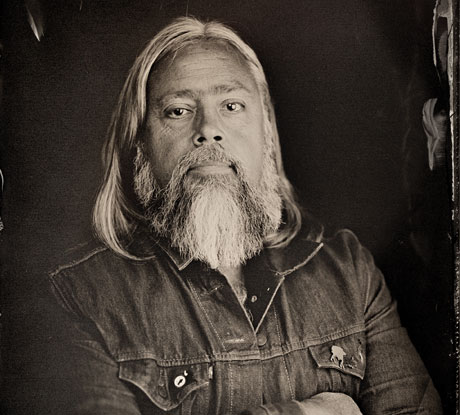
Bat Week 2024!
Event Description: To help us celebrate Bat Week 2024 Dan Bachen from the Montana Heritage Project will be speaking on the distribution and conservation of the state’s bat species, followed by a presentation from Eleanor Kamp, a local Girl Scout who has developed a blue print for bat safe bat houses. Attendees will receive a link to the blueprint to build a bat house.
Presenters:
Dan Bachen
Eleanor Kamp
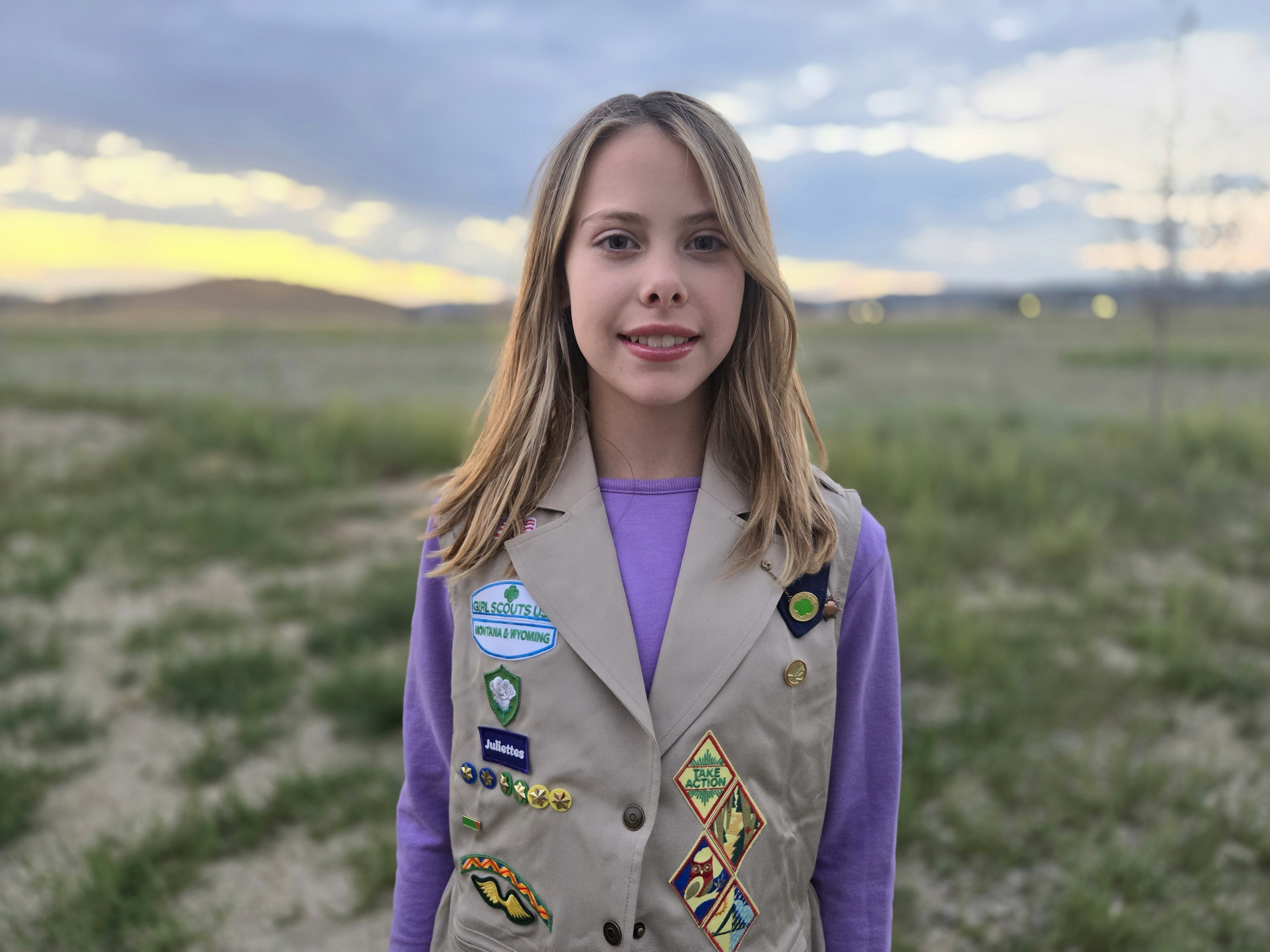
Bats are an important part of Montana’s ecosystem, but white-nose syndrome is killing off bats across the US and Canada. What can we do to help bats? People can help bats by building bat boxes which can provide clean, safe homes for these important flying mammals. This talk will include simple, printable blueprints for building bat boxes. No power tools? No problem! We will also share resources for vetted, pre-cut bat boxes that you can assemble and paint at home or at the library.
Who Are all the newcomers?
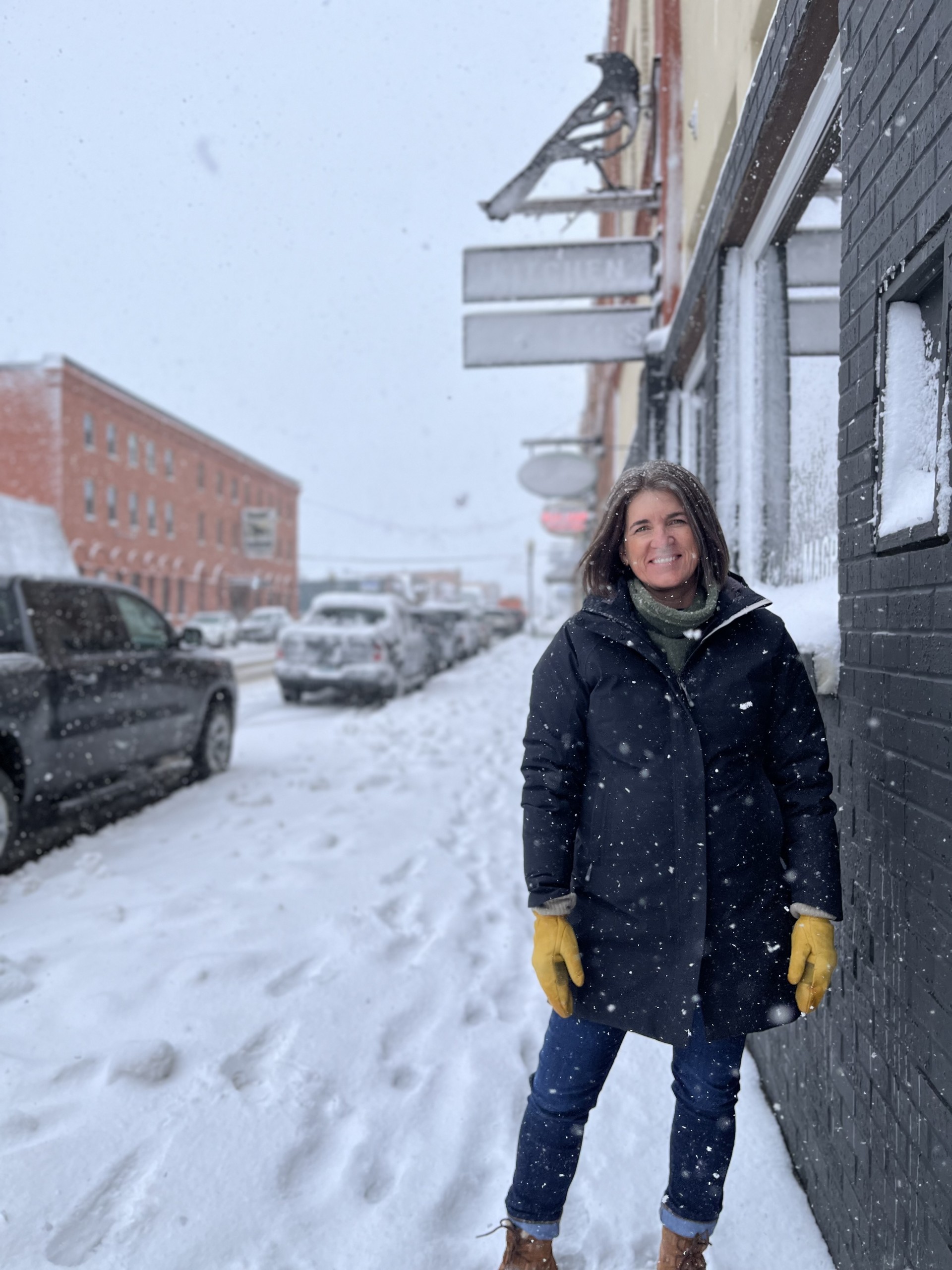
Event Description:
Who are all the newcomers?
People moving into Montana communities is nothing new, but the recent jump has drawn our attention to this decades long trend. A recent study by MSU researchers shows who is moving to Montana communities, where they are coming from and why they are moving here. Key findings from the research include how many are moving for a job, how many are returning, how many have kids and what do people do in a community once they get there. This study is a replication of the original “Brain Gain” research conducted by Ben Winchester of the University of Minnesota Extension Center for Community Vitality.
Presenter Bio:
Tara Mastel is Program Lead for Community Vitality at MSU Extension where she works to support rural community vitality and local leaders. She served nearly ten years as a Community and Economic Development Extension Agent in Jefferson County Montana where she led a range of projects including historic building renovations, industrial park development, farmer’s markets and local community foundations. Tara grew up in Wolf Point and lives with her family in Red Lodge.
Rural Montana - Connect to Thrive!
Two rural Montana public health enthusiasts discuss findings from surveys and interviews with rural Montanans about the health, vitality, needs, strengths, and future of their communities.
Presenter Bio:
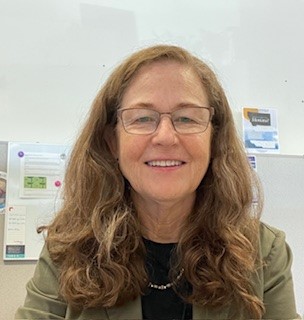
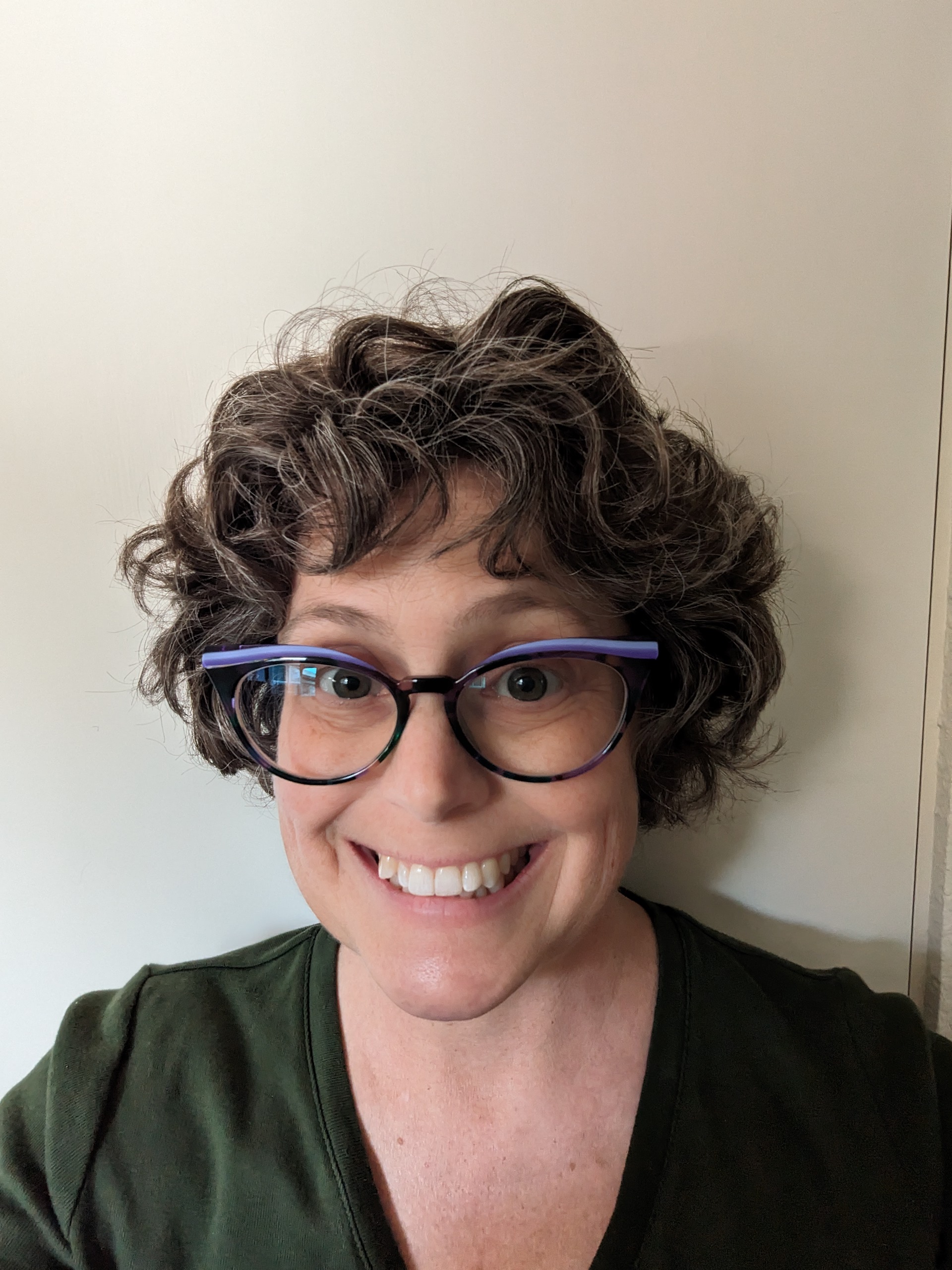
Event Description:
This program trains interested participants on how to interview, collect and archive oral histories in their communities. Candi Zion who is the author of “Winifred Oral History Project”, “In Between People: The Metis of Central Montana” and “Walkin’ Down the Middle: The Hi-Line Metis”, teaches program attendees to how to conduct interviews in their communities, for future generations. From picking subject matter, finding interviewees, knowing the correct questions to ask, and transcribing interviews, Preserving Montana’s Oral Histories and Traditions looks to give community members across Montana the tools and confidence to preserve their local history.Candi Zion
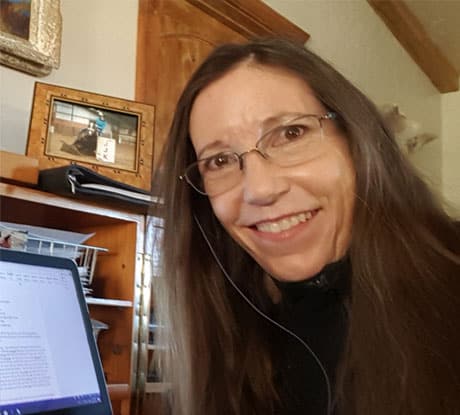
Presenter Bio:
Candi Zion is a 3rd generation Montanan influenced by her dad, Scotty Zion, who was a son of homesteaders and passionate about history. He wrote several books which highlight his personal life stories growing up as a poor farm kid to developing the largest statewide house moving business in Montana. Candi went on to higher education receiving an Honors Degree from Barrett College, and a Bachelor’s Degree from Arizona State University as well as a Master’s Degree in Historic Preservation from the same educational institution. She worked as the Missoula Historic Preservation Officer, managed the historic facilities program for the Navajo Nation Historic Preservation Department, and as an independent consultant documented and surveyed numerous neighborhoods and historic buildings. Candi currently conducts cultural resource surveys and oral interviews with CZ Consulting. She continues to promote the history of Montana by serving on the Board of Trustees for the Montana Historical Society.Jennifer Birnel
Chemistry of Fossils
Event Description:
The Hell Creek Formation in Montana and Dakotas is a fossil treasure trove from around 68 to 66 million years ago. Some dinosaur fossils from the Hell Creek Formation contain preserved biomolecules such as collagen, yet what preserves these biomolecules is still unknown.Dr. Yamamura studied these biomolecules to figure out how this preservation occurs. His fieldwork took place in eastern Montana and South-central Utah where he used chemical signatures for paleoclimate investigation. His research includes petrography, X-ray diffraction, scanning electron microscopy and stable isotope geochemistry.
Presenter Bio:
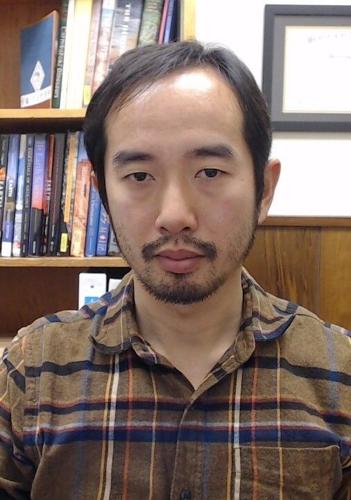
Daigo Yamamura, Ph.D.
Disabled in the Wild: Learning How to Explore the Outdoors with Chronic Illness and Disabilities
Event Description:
Equipped with forearm crutches, a portable chair, and the willingness to take a nap on the riverbed at a moment's notice, Amy Denton-Luke shares her journey of finding adaptations, acceptance, and an appreciation for exploring the outdoors with chronic illness and disabilities. Through her personal experiences and powerful photographs, Amy discusses how she continues to enjoy rockhounding, her favorite pastime, while also tending to her symptoms, such as chronic pain and fatiguing weakness in her legs.Amy also shares some of her work through Disabled in the Wild, including her tips for exploring, her "must have" list for adventures, and her 23 accessibility reviews for outdoor spaces in the Missoula area. She outlines what makes outdoor spaces accessible for disabled folks and why we should all advocate for inclusivity, equity, and accessibility in the outdoors, especially in a state where outdoor recreation has such a central and special place in its residents' lives.
Leaving behind the "overcoming" myth and ableist notions of disability as tragedy or inspiration, Amy advocates for a more balanced, nuanced, and grounded view of life with disability. Through this program, she hopes to encourage both disabled and non-disabled folks do the same.
Presenter Bio:

Photo by Missoula photographer - Katherine Gundlach
Amy Denton-Luke is a chronically ill and disabled outdoors lover with a passion for rockhounding. She earned her Bachelor's degree in Anthropology from Montana State University Bozeman in 2011, and attended graduate school at the University of Montana in Missoula from 2015-2016 before dropping out due to a severe illness.In 2022, Amy created Disabled in the Wild, a blog, Instagram account, and YouTube channel that focuses on exploring the outdoors with chronic illness and disabilities, with the goal of encouraging all folks to find ways to enjoy outdoor recreation within their abilities. She hopes to continue advocating for disabled people and finding ways to contribute to disability awareness in the outdoors and in everyday life.
Event Description:
Have you ever caught a fish and didn’t know what it was? Montana is home to 91 different species of fish that can be difficult to identify. This program will teach you how to look at a fish in a way that will help you figure out what it is. This is an interactive program where you will be involved in the identification of fish through a activity after a short presentation.Presenter Bio:
Ryan Schmaltz - Montana Wild
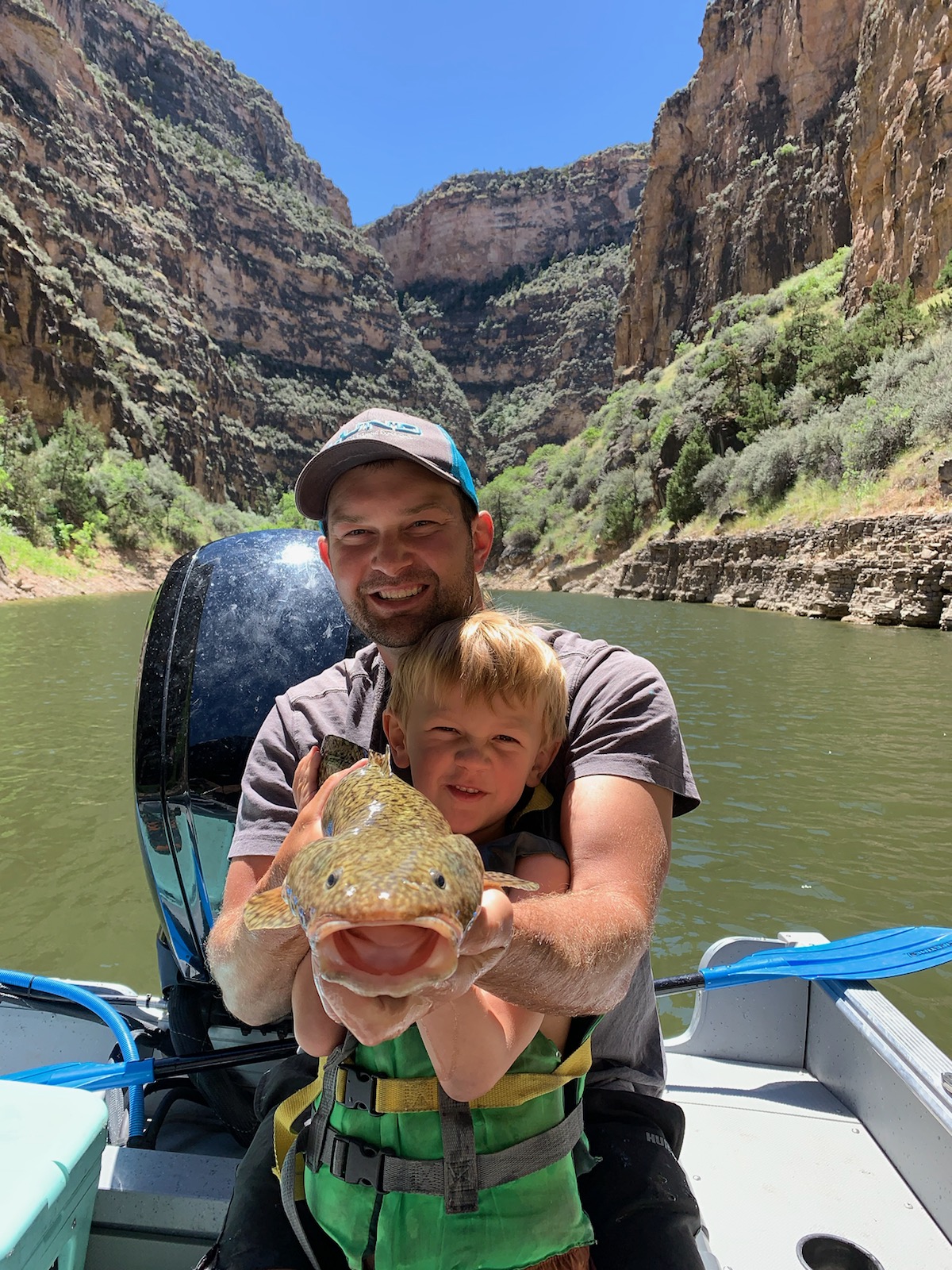
I have worked for Montana Fish Wildlife and Parks now for 12 years. I lead Project Wild Educator Trainings all over the state for hundreds of teachers each year. I supervise the National Archery in the Schools in nearly 200 Montana schools, lead education programing the MT WILD Education Center in Helena and visit local schools teaching the Hooked-on Fishing Program.
Register to attend
Event Description:
Montana's wildfire smoke seasons are getting longer and more pervasive. Learn about the health risks of wildfire smoke, why indoor air can be more unhealthy than outdoor air and how to protect your home if there are fires in your area.
Presenter Bio:
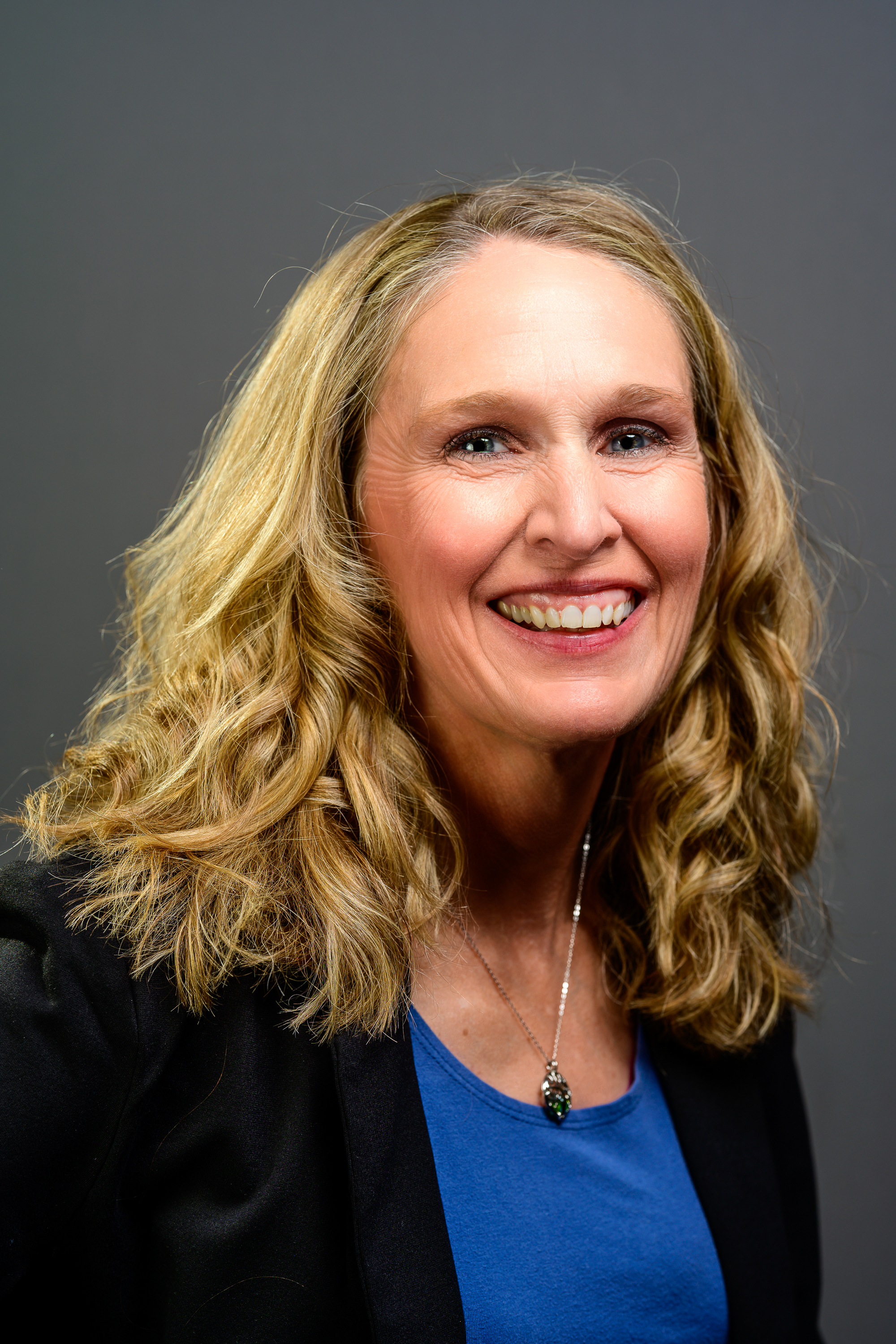
Mary Anderson served as a school counselor for over thirty years. When she retired she found that although she left public education, the educator in her was still alive and well. As wildfire smoke coordinator, she works with emergency responders, health departments, the Department of Natural Resources, the Department of Environmental Quality and several non-government organizations to develop educational materials and a response network that is as aware of the dangers of wildfire smoke as the dangers of wildfires themselves.
Archive 2023 - 2024
Neil was born and raised in the Missoula area. Even as a youth, rocks held a fascination for him. He collected many (though not valuable) specimens. When he married his wife, she too was a rock lover. They started their pursuit together searching for sapphires at the Chaussee Sapphire mine and came away with many wonderful stones.
He was employed at paper mills for 40 years and 7 years at The University of Montana. During this time his love of rocks never wavered. He has been involved with Hunter Safety Education, Fishing Education and Bow Hunting Education for 35 years.
Neil purchased a 24 inch rock saw and the passion for rocks increased. Now he could get those larger rocks and cut them open to discover the mysteries held within. One saw led to another and now he is the proud owner of 4 larger rock saws. Several tons of rock and many other pieces of equipment.
They are both members of the Hellgate Mineral Society in Missoula. Neil is the current President and also the Show Chair for the March Hellgate Rock, Mineral, and Gem Show. They participate in educating other club members at the monthly club pop-up clinics, where members can learn to use rock saws, slant lap and 6-wheel polishing machines.
Late summer through early fall you can find them adventuring out searching for new treasures. They rockhound Montana, Idaho, Oregon, Washington and Wyoming to date.
The Montana Constitution is unique in that it requires the citizens of the state be given the opportunity to vote on the option to study their form and structure of local government once every ten years. This process is known as the Montana Local Government Voter Review and the seventh review cycle will be held 2024-2026. If you are wondering “What is this and how will it impact me?” this webinar is for you! Learn more about the Montana Local Government Voter Review purpose, process, scope, and next steps during this virtual presentation.
Speaker Bio:
Ashley Kent joined the Local Government Center (LGC) in July 2014 and now serves as the LGC Associate Director. She oversees the certified education programs the LGC offers for local government officials, provides governance and leadership workshops across the state, and is working to create additional education resources in response to needs expressed by local government officials throughout Montana.
Archive 2022 - 2023
Foraging for wild mushrooms has become a popular activity in Montana and across the country. The idea of free food from forests and meadows is appealing, but a wrong choice for the frying pan can be potentially deadly. There are dangerous mushrooms out there--and also lots of delicious ones! This presentation covers how to get started collecting wild mushrooms, including how to find them, how to pick them, and how to identify them. Choice Montana edibles such as King Boletes, chanterelles, morels, hawk wings, lion’s mane, oysters, and more, are shown in full color and their edible properties described. The general rules for eating wild mushrooms are also important to know. Lastly, a few of the toxic species to be avoided, especially those that have caused poisonings in Montana, will be discussed. Further resources for wild mushroom hunting in Montana are provided. Learn about the diversity of mushrooms in our state and how they promote ecosystem health!
Presenter Bio:
Presenter Bio:
Presenter Bio:
Presenter Bio:
https://chrislatray.substack.com
Presenter Bio:
Presenter Bio:
Presenter Bio:
Mark Gibbons is the author of nine books and two chapbooks of poetry, most recently In the Weeds and mostly cloudy. He’s edited two poetry collections for Drumlummon Institute and is the current editor of the Montana Poets Series for FootHills Publishing. For four decades, Gibbons has taught poetry to a variety of citizens in Montana from one-room schools to colleges to the Montana State Hospital in Warm Springs. He lives in Missoula with his wife and continues to teach with the Missoula Writing Collaborative.
